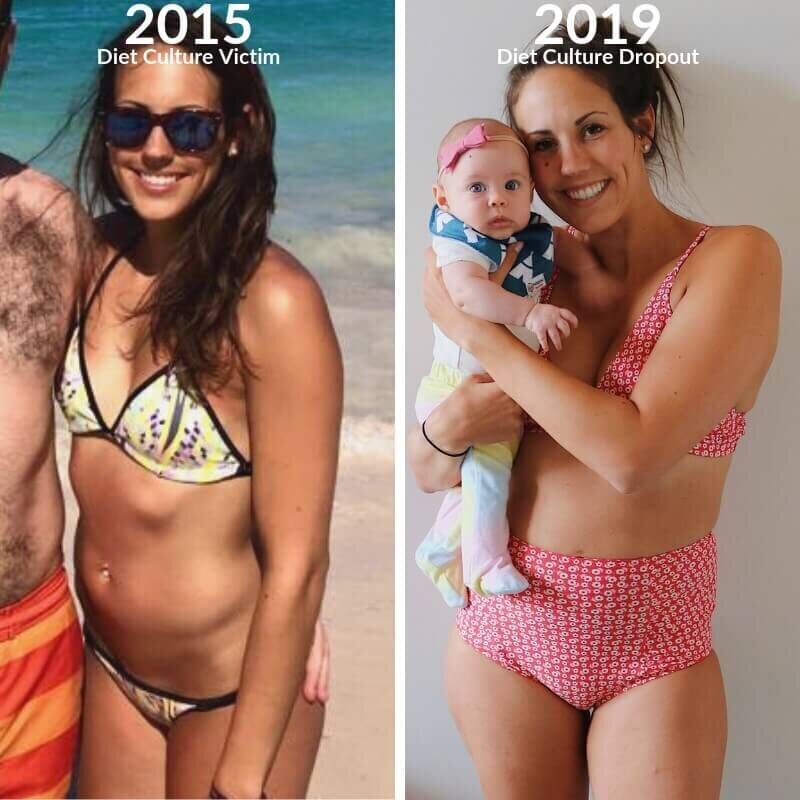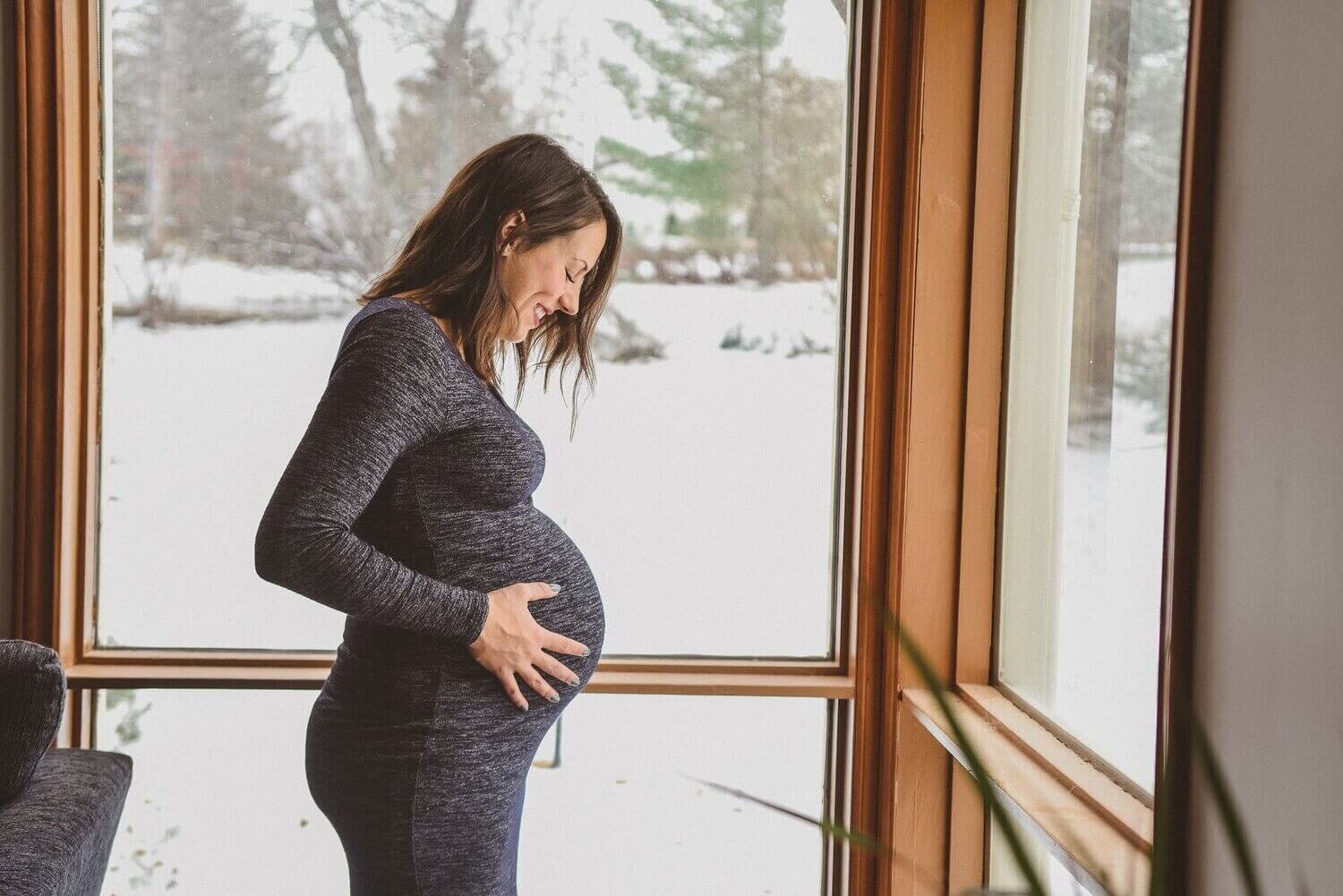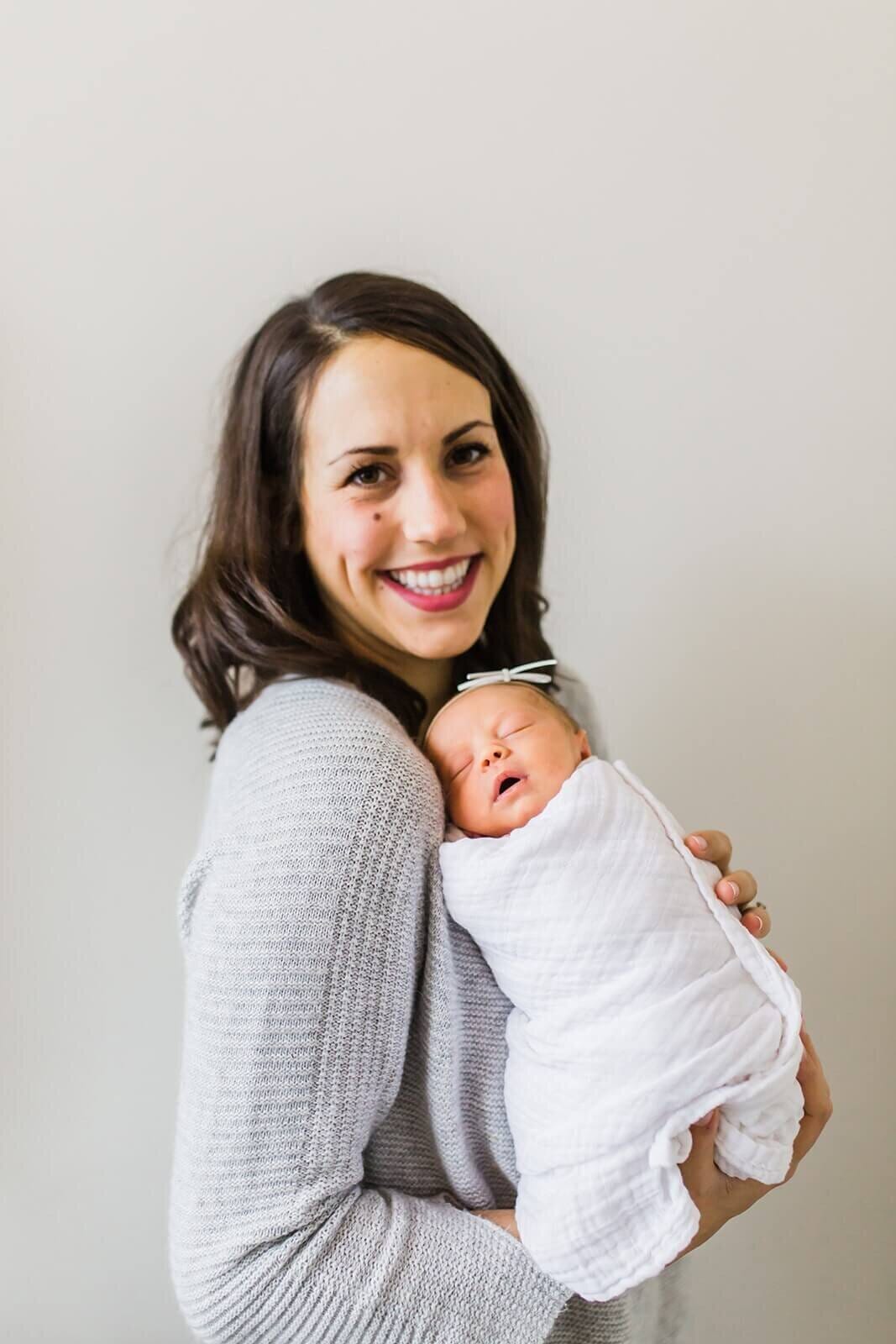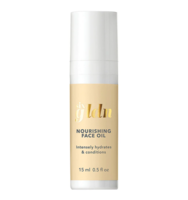I suffered from Hypothalamic Amenorrhea for 10 years without even knowing it. Like many women my age, I was on the birth control pill for most of my teenage and adult life, and that masked a lot of my symptoms. After going off the pill in hope of getting pregnant, I knew something was wrong when I didn’t get my period for over four months.

Hypothalamic Amenorrhea Symptoms
I immediately started googling why this could be happening and came across an article about Hypothalamic Amenorrhea, or “HA” for short. I knew this is what I had as soon as I read it, but I didn’t want to believe it. For those of you who are unfamiliar with HA, it is the lack of ovulation and the loss of your period that is also associated with:
- bone loss
- dry hair and skin
- digestive issues
- feeling cold
- exhaustion
- poor sleep
- decreased sex drive
- increased risk of heart disease
According to leading Hypothalamic Amenorrhea researcher Dr. Nicola Rinaldi, a combination of five factors can lead to women developing this condition:
Exercise: While the amount of exercise among women who develop hypothalamic amenorrhea can vary widely, many women with this condition share a love for high-intensity exercise combined with inadequate fueling for activity levels.
Under-eating: Regardless of how much you weigh or what you look like, eating too few calories for your activity level can be stressful for your body. Women with hypothalamic amenorrhea often restrict calories or food groups and can be preoccupied with eating “clean.”
Weight and weight loss: We usually associate hypothalamic amenorrhea with women who are very thin, but it is possible to develop this condition at higher weights. However, hypothalamic amenorrhea is more common among women with BMIs around 20 or below. Significant weight loss (10 pounds or more) can be a trigger for hypothalamic amenorrhea—even if the end weight is still considered “normal.”
Stress: Physiological stress can be a factor in developing hypothalamic amenorrhea (and exercise can be interpreted by the body as a form of physiological stress). When chronic stress is combined with intense exercise and insufficient calories, it can result in a potent ovulation-suppressing cocktail.
Genetics: A few recent studies have found that some women may be more susceptible to developing hypothalamic amenorrhea than others.
I had every single symptom and all of the causal factors. My so-called “healthy” lifestyle turned out to not be so healthy after all. All the years of over-exercising and undereating (that you can read more about here) had taken its toll on my body.

My body was just trying to survive, let alone make a baby.
I thought I was doing everything right: eating every “superfood” you could imagine, drinking green smoothies, working out, and being more fit than I had ever been before.
But my life was consumed by the way I looked, how much I could exercise, and how healthy I could eat. I had taken on so many responsibilities both at work and outside of work that I was completely burnt out both mentally and physically.
I couldn’t see it then, but my body needed rest, and lots of it if I was going to be able to have a baby.
After seeing a fertility specialist and getting results from my ultrasounds, it was diagnosed that I had HA as well as a septate uterus. I felt defeated. I felt like everything was my fault and that I was taking my husband’s dream of having a family away from him. I was filled with so much guilt, fear, and uncertainty.
With this new information, my husband and I started on our fertility journey which included lots of doctor’s appointments, surgeries, fertility treatments, and a roller coaster ride of emotions (which you can read more about in this post).
By far, the hardest part of this journey was changing my lifestyle.
Hypothalamic Amenorrhea Treatment
Here is everything that I did in the year and a half before ultimately being successful and getting my period and my fertility back:
I started eating a lot more. I stopped measuring my food and counting calories and macros, etc.
I started eating A LOT more fats. This was the easiest way to add more calories while still feeling healthy. And understanding that hormones are made from fats, it made sense to add more of them.
I got over my fear of food and carbs. I had to know that my body needed this food as fuel and that it was going to help me be healthy. I had to unlearn that some foods are good and some are bad.
I got over the fear of gaining weight. I knew it had to be done in order for me to be healthy. I didn't know how much weight I was going to have to gain to get my period back, but I had to trust the process. (A great way to start is to throw out your scale and never step on one again!)
I left my jobs and moved out of Toronto. I think this had more of an impact than I realized at the time. But the stress of living in the city and driving to work had placed a lot of stress on my body.
I stopped exercising altogether. I thought this was going to be the easiest part, but it turns out it was the hardest thing for me to let go of and the last thing I let go of.
Let me tell you, gaining weight sucks!
None of this was easy for me. Like so many people in the fitness and health industry, we pride ourselves on looking a certain way. When I had to throw that all away, I felt like I had lost myself. I didn't know who I was or what I was doing.
All I knew was WHY I had to do it, and I had to trust my body.

I think I went through so many years of not trusting my body that I forgot how smart it was.
Because gaining weight can be more of an emotional and psychological challenge than it can be a physical one, I did a lot of things to help my mental health during this process:
- I read the book No Period? Now What? by Nicola Rinaldi. This was my bible, and I couldn't have been successful without it.
- I joined HA support groups on Facebook.
- I bought new clothes that actually fit and gave away all my old clothes. This was very cathartic for me.
- I focused my time and energy on growing my Pilates business and my blog and sharing my story with you.
- I followed influencers on social media who had positive body image posts.
- I unfollowed fitness model-type influencers on social media who reminded me of my old, unhealthy ways.
- I used all of my new free time to reconnect with Mike, my friends, and spend more quality time with Allen.
However, I can honestly say that I’ve never been happier in my body than I am now. To finally be free in my own body after years of control, restriction, schedules, and routines are beyond words. I love the spontaneity of life now, and I LOVE FOOD again! I still love to exercise, but my day no longer revolves around it.
And the best part was having the ability to grow my little miracle, baby girl.
I needed a little help from some fertility medication, but I know it wouldn't have been possible if I didn't recover from HA first.
What I want you to take away from this is...
Whether you are just starting out on your HA journey or have been healing for a while now, just know that you are not alone. There are millions of women suffering out there, and together we can all help each other get through it. Don't be afraid to ask for help.
Being underweight is not healthy. Over-exercising and under-eating are not healthy. Overeating and not exercising is not healthy, either.
Listening to your body is healthy. Not worrying about what size or shape you are is healthy.
You are not defined by a number on a scale or your dress size. Being smaller does not make you a better or more successful person. You are so much more than any number, and there is so much more to life than looking "thin" or "fit."
If you are suffering from HA, just know that you need to let go of the "ideal body" image you have in your head in order to get healthy. Because the truth is, only YOUR body knows what's healthy for you: not Instagram, not your mom, and not that super-critical ego of yours. Listen to your body, and trust that it knows best.

Jessica Dalliday was the founder and former CEO of Pilates on Demand, an online collection of Pilates classes designed for real women. After spending most of her life dieting and exercising religiously in an effort to become the healthiest version of herself, Jess realized that she was actually doing more harm than good when she found out she couldn't get pregnant because of her lifestyle. After overcoming the hypothalamic amenorrhea caused by her eating and exercise disorder, Jess was finally able to get pregnant.


.jpeg)

.jpeg)
.jpeg)






.jpg)


%20Electronics.png)



